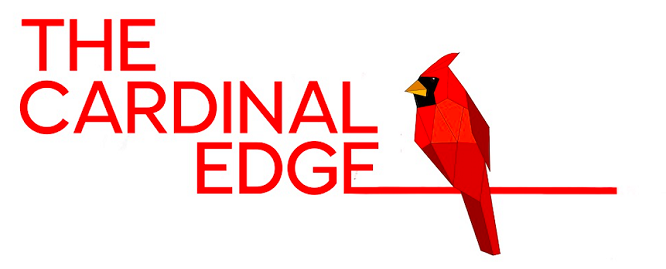
Abstract
With the rise of the internet and social media, many adolescents and young adults have turned to the internet and social media for sexual health information. However, this can be problematic because sexual health misinformation on social media utilizes a variety of techniques to quickly disseminate and retain that misinformation in users. Historically, the spread of sexual health misinformation has specifically negatively impacted adolescents and young adults regarding two sexual health topics: contraceptives and HPV vaccination. Current evidence demonstrates that a combination of corrections and inoculation would be effective against general health misinformation. However, there is a lack of research on interventions aimed specifically at sexual health misinformation among adolescents and young adults. It is imperative that researchers further investigate interventions against sexual health misinformation among adolescents and young adults since confounding factors may influence the efficacy of currently studied methods.
DOI
10.18297/tce/vol1/iss1/16
Recommended Citation
Sunkara, Jahnavi
(2021)
"Sexual Health Misinformation and Potential Interventions Among Youth on Social Media,"
The Cardinal Edge: Vol. 1:
Iss.
1, Article 16.
DOI: 10.18297/tce/vol1/iss1/16
Available at:
https://ir.library.louisville.edu/tce/vol1/iss1/16
